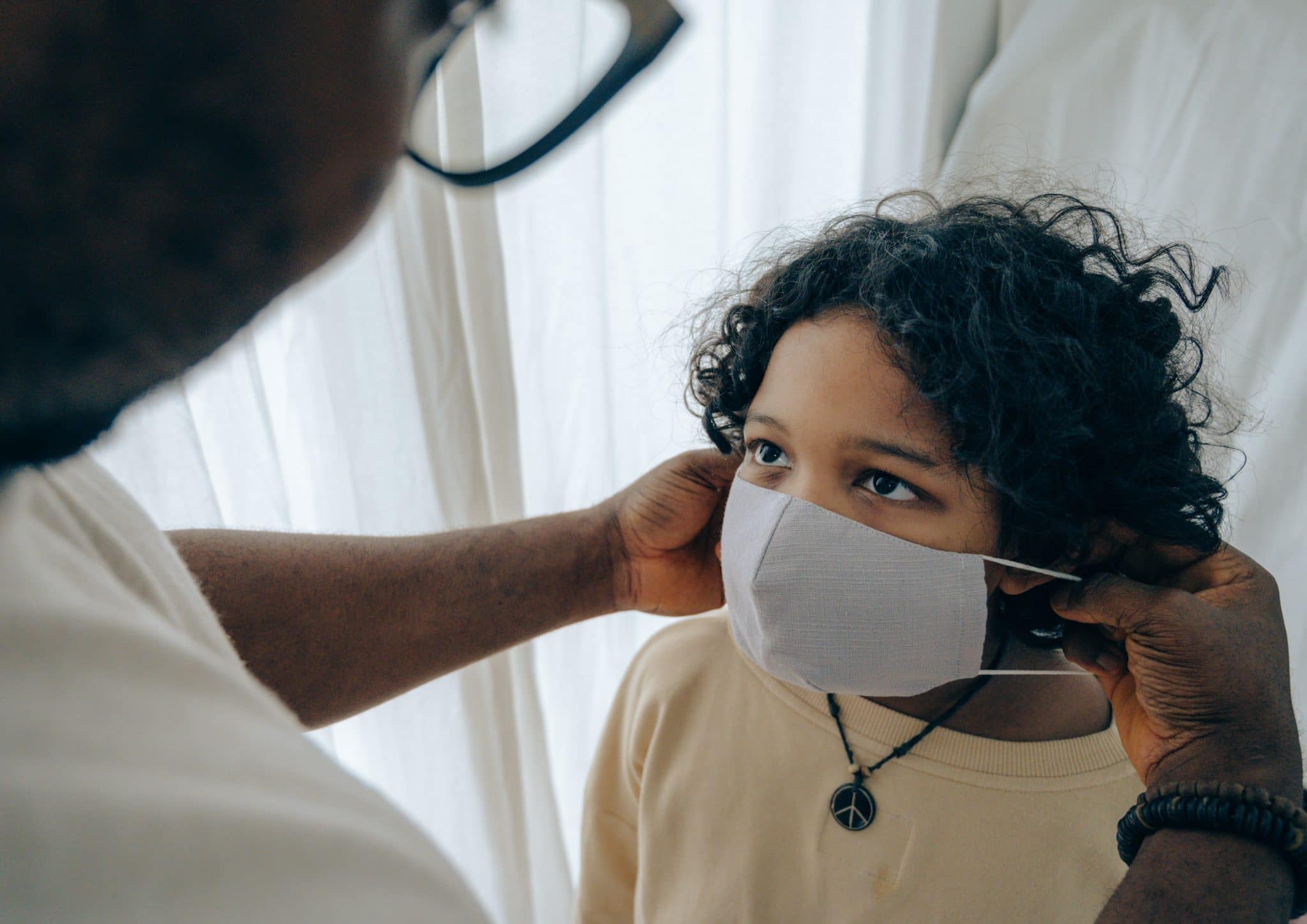The Gist: Georgia Gov. Brian Kemp has extended his executive order on coronavirus. This order lays out statewide restrictions and policies. While the order has largely remained unchanged for the last few months, many Georgians may not be aware of the restrictions still in place. Here’s what you need to know.
Social Distancing is still required: The governor is still requiring all Georgians to practice social distancing and to refrain from large gatherings. A gathering, as defined in the order, consists of 50 or more people at a single location. The people at the gathering have to be socially distanced, leaving at least six feet between each person.
Masks are not required, but they are encouraged: While Georgia does not have a statewide mask mandate, Gov. Kemp is a big proponent of voluntary masking and his executive order says Georgians are “strongly encouraged to wear face coverings as practicable while outside their homes or place of residence, except when eating, drinking, or exercising outdoors.”
Shelter-in-place orders aren’t over for some residents: While restaurants and bars are open and many Georgians have gone back to work and resumed their daily lives, quarantine is still the rule for thousands of Georgians. In fact, some residents may still be under shelter-in-place orders and not be aware of it. Here are the groups of people who are still supposed to be sheltering in place.
- People who live in long-term care facilities or nursing homes.
- People who have chronic lung disease.
- People who have moderate to severe asthma.
- People with severe heart disease.
- People who are immunocompromised. This can include a broad range of people. Conditions that compromise the immune system include: cancer treatment, smoking, bone marrow or organ transplants, immune deficiencies, poorly controlled HIV or AIDS, prolonged use of corticosteroids and other immune weakening medications.
- People who are severely obese.
- People diagnosed with underlying medical conditions like diabetes, liver disease and chronic kidney disease.
Local governments can impose mask requirements: If you live in a city or county that is experiencing an increase in coronavirus cases, your city or county can require face masks on public property.
Disclosure: This article may contain affiliate links, meaning we could earn a commission if you make a purchase through these links.






